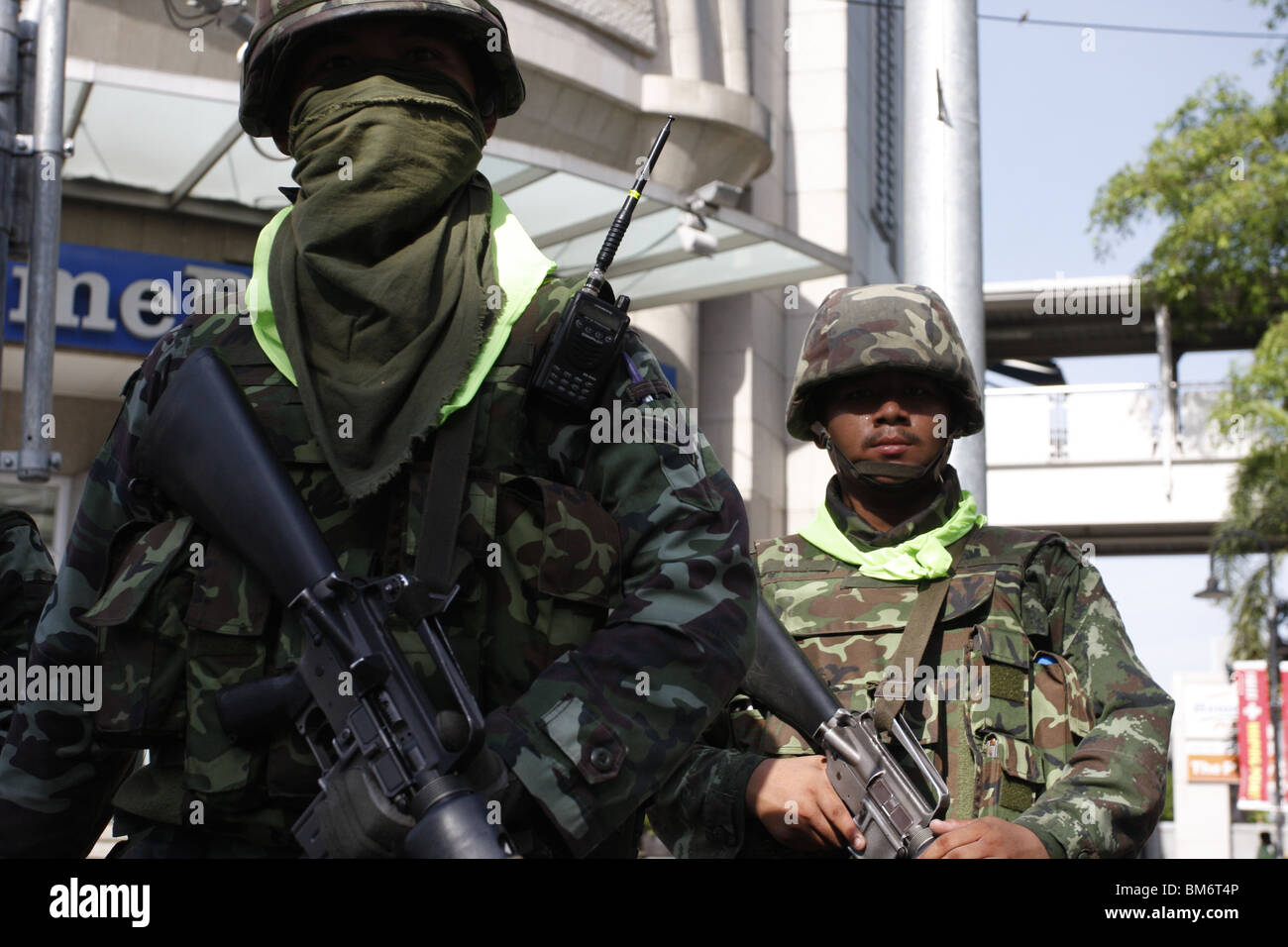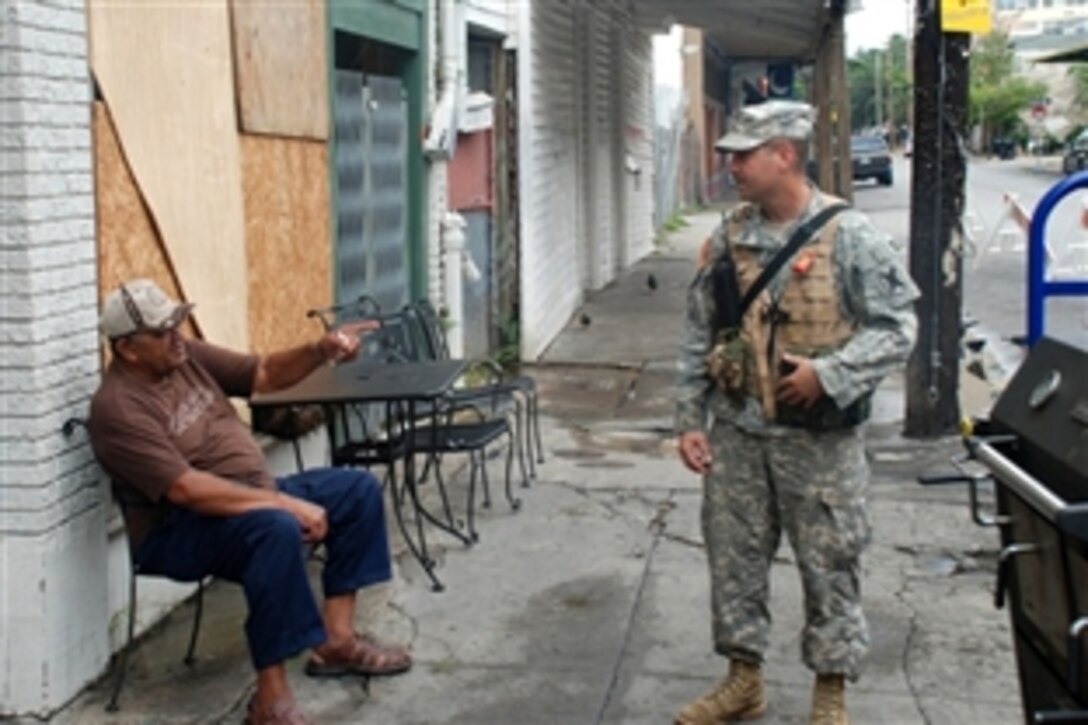Chit Military - You can email the site owner to let them know you've been blocked. Include what you were doing when the page came up, and the Cloudflare Ray ID found at the bottom of the page. For sailors who must wear respirators, beards are an operational hazard and the stubble could cause improper sealing of fire extinguishers or gas masks, an essential feature of servicemen on board, Navy officials said.
The term "drunk" refers to the ritual in which captains are punished extrajudicially for misbehavior or officially recognized for "good work." Ceremonies are held regularly under the main ceremonies of the nautical day and precede the Sunday morning sacred service.
Chit Military
 Source: c8.alamy.com
Source: c8.alamy.com
As a result, the ceremony was called "drunkenness" to acknowledge the location of the speech. Charlie Nobel Galley was the name of the man who enlisted in the smoke or cave. The head of the cave is said to be named after an old trade captain who discovered that the galley chimneys were made of copper and therefore had to be lubricated daily.
What Can I Do To Resolve This?
Today's Navy has a habit of sending out soldiers in green to find Charlie Noble, and the hunt provided endless entertainment for the veterans on board. A master's degree is by no means a modern innovation.
Naval records show that these "marines of the sea" kept order as early as the reign of Charles I of England. They were then assured that the swords, pistols, carbines, and muskets were in good working order, and that the bandits were loaded with fresh powder before the battle.
As well as serving as a police officer at sea, a maritime constable must be qualified to undergo rigorous training under arms and be able to train seamen for hand-to-hand combat, as the British Navy calls it.
In the age of sailing, the MAA was the real "gunner". The masters of the US Navy can be traced back to the Civil War Union Navy. We often use the phrase "riding the wind and breaking the sails" to describe an opponent in an argument.
Why Have I Been Blocked?
It simply means that a noble opponent presents an argument so sound that his noble opponent cannot support it in oral argument. Originally, the term described the combat maneuvers of sailing ships. One ship usually sails into the wind in front of the other, thus snatching the wind from the blanket or the enemy's bed and causing him to lose his way.
Samuel Taylor Coleridge's famous quote "Idle as a painted ship in a painted sea" best describes the state of a sailboat when it's in the saddle. These waters lie between 30 and 40 degrees north of western latitude and are known for unfavorable winds that attract cattle ships from Europe to the Americas.
 Source: cdn.shopify.com
Source: cdn.shopify.com
When a ship encounters an unfavorable wind, horse boats will often abandon a few ships, saving drinking water for the rest. The area became known as "Ma Kuan" due to the large number of horses and other cattle that were thrown into the sea.
When we say someone knows the ropes we deduce, he knows he has been at sea and can handle most ocean problems. The meaning of this phrase has changed over the years. Originally, this statement was printed on the ship's sewer and identified the name and original purpose of the ship's main ropes.
In other words, "this man is a novice sailor who knows only the basics of seamanship". In the modern navy, the infirmary is where sailors receive medical treatment. In the age of sailing, there were very few such places dedicated to sailors ashore, but most ships had sick rooms on the circular decks.
The shape of the stern suggested the shape of the bay, so sailors began calling this ancient dispensary the ward. "Midshipmen" originally referred to young men in the British Navy who were training to become naval officers.
Their primary mission is to command the officers and, in turn, the aircrew on Focus Island. The repeated derailments in the boat earned them the titles of "middle-aged" and "middle-aged". Naval Academy students and Naval Reserve officer training candidates are still referred to as cadets because, like their former counterparts, they are training to become naval officers.
Interestingly, in the age of sailing, middies (the word middie has only recently been used) can start sailing careers as young as 8 years old. These example sentences were automatically selected from various online news sources to reflect the current usage of the word "chit".
The views expressed in the examples do not necessarily represent those of Merriam-Webster or its editors. Send us feedback. "That phrase is often used by sailors as a way to stop thinking like a nuclear officer. Don't break everything down into details. Don't think about it. But that's it. Sailors who belong to the nuclear navy don't stop."
The choice is to feed him only. I was doing ISOPREP for my whole battalion a few years ago and saw something about blood clots. I asked the NCO what that meant and he thought it had something to do with your medical information. Then I was in the military for another 6 years
 Source: media.defense.gov
Source: media.defense.gov
, and ended up being an NCOIC division. We always had to do ISOPREP because we had easy access to SIPR (even though personnel recovery was 100% S3 capable), and I've asked people occasionally over the years, but no one knew. When I was doing
I didn't bother to look it up when I was in ISOPREP, but it's nice to finally know what it is. Any daily record kept on board a ship today is called a "memory". Originally, records were made on cut and hung shingles
Written messages were kept on board sailboats so they could be opened like books. "Notebooks" were made of paper and bound when paper was more convenient. Shingles were relegated to maritime museums - but the word
Still in existence. The crowbar (symbol of the bird, not the price) was an essential part of the nautical equipment of early sailors. These land-running birds were brought aboard to help navigators determine the nearest Where is the land. A crow was released in poor visibility and the guide charted a course to match the bird as it moved steadily inland. The crow's nest is high on the mainmast
, looking out of his watch. He shares this high position with a crow or two, for he often keeps the crow cage: hence the name "crow's nest". The use of the flanks is a practice inherited from the British Navy. In navigation
In times when the gangway was not used very often, sailors climbed the rope ladder to board the ship. Important persons were granted the privilege of wrestling with Jacob's coat. Very important persons, most of whom were very tall or very old, sat in Bosu's chair
Aboard. The sailor told Boson to bring the chairs out of the yard and push them around, and the dignitaries were hoisted up like the shells of a salt horse. Those responsible for the lifting were called sidemen. Today, in clean uniform
Sailors lined up on the quarterdeck to visit dignitaries in another nautical tradition, they are still called vagabonds. An old salt would often brag about having a boco or doing something in boco days during his years at sea
 Source: thumbs.worthpoint.com
Source: thumbs.worthpoint.com
How does the melodious pronunciation of the word "boko" mean "a lot" or "a lot"? In fact, baux is a legitimate French word meaning "beaver", "too much". Americanization has changed the spelling and pronunciation , but did not change the meaning. Like many foreign terms that permeate our nautical jargon, "Brocade" is the inevitable outgrowth of generations of American sailors who came into contact with peoples of other countries and used the Bocade phrase in their language on a daily basis. Originally
, "Skydive" depicts the ancient past of a young sailor jumping to the background to pretend to have fun. Since the ancient word "lac" means "to play", the word is "to jump in the sky" because the crowd was high when the race started
Later, the word was distorted and became " celestial body". Lark is a term familiar to most sailors and a favorite pastime for others. Today, it is widely believed that boarding a ship is frowned upon because "boarding" causes accidents and wastes time.
However, skydiving doesn't always seem to be worth it. In the days of wooden ships, it was considered a better "occupation" for sailors with spare time - floating through the weather - than talking to each other in the dark corners of the ship.
sergeant. Bender displays eight different languages on the fabric. He can still read and translate the texts in French. It read: "I am an American pilot and my plane crashed." It explained that if someone who found an American helped save his life, he would be paid by the US government.
• Chit: In the Navy, A piece of paper is any document, from passports to money. According to the Naval Historical Museum, the word chit dates back to the days when Indian merchants used paper called "sititi" to exchange money.
Pea Soup Weather-resistant sailors are often born with pea pods, but this jacket doesn't get its name from the weather. The greatcoats worn by soldiers at sea in colder weather were formerly made of pilot cloth—a heavy, rough, tough, somewhat sleepy blue cloth.
The fabric is sometimes called P-cloth because of the initials of the word, and clothes made from it are called p coat—later called pea coat. Beginning in 1723, the term referred to coats made of this fabric.
 Source: c8.alamy.com
Source: c8.alamy.com
Robert Baldwin has studied bloodstains for many years and is the author of The Last Hope: The Story of Bloodfang. Baldwin was a sergeant. Bender did not work in World War II and was designed for Asia, India and China.
Bomb boats, despite their name, were not water-powered dinghies propelled by canoes or bums. They are small boats used by local hackers and peddlers to deliver goods to ships anchored in storms. The name comes from "bomb", as the craft was previously allowed to be attached to a boat's boom.
The early Germanic spelling was "bomb," a form adopted by American sailors. An admiral is a senior officer in the U.S. Navy, but his name is derived from the name of a senior officer in the Marine Corps many years ago.
The chief of the Moors was "Emir" and the chief of all chiefs was "Emir al". Our English words come directly from the Moorish language. "Our last update to the PFB policy was three years ago," Carroll said.
"At the time we used that information to guide us. Now it's 2022 and we'll see." Hey Janet, we actually have an entire article dedicated to this topic, check it out here. The navy is one of the toughest branches.
All I know is that if he's on medication right now, he certainly can't serve in the Marines. Therefore, his best bet is to contact the recruiter directly. In today's Navy, if you deliberately deceive someone, usually as a joke, you confuse them.
The Age of Discovery also used the word, but in a different sense. Babbling refers to misrepresenting a ship's origin or nationality as one's own, a common practice among pirates. The term knot or nautical mile refers to the speed of water around the world.
Today we measure knots with electronic devices, but 200 years ago such devices were unknown. Clever sailors invented an easy-to-use and reliable "gauge line" quick measuring device. From this method we get the word "node". The length of the baseline is marked with colored nodes at 47.33-foot intervals.
Source: dyn1.heritagestatic.com
A memory chip is attached to one end. It resembles a circumference and is weighted with lead and a round head. When thrown back, it floats upwards and is relatively stable. The log line is free to run sideways for 28 seconds before being pulled aboard.
Bypassed nodes are counted. Measure the speed of the boat in this way. A "paycheck" is not a ship, but a method of pulling a wreck out of the mud. In the days without advanced navigational aids, ships sailed more than they do today.
If the sub sank in debris, it could have been more or less damaged. Order the Sally to issue the order to release him. The crew gathered in a single row on one side and ran back and forth from port to starboard until the ship began to roll.
Frequent rolling breaks the mud's suction, which can pull it apart. A tradition in the Navy is to use "chit". Indian merchants have been doing this ever since they exchanged money with notes called "siti" so they didn't have to carry bags of gold and silver.
British sailors shortened the word as shorthand and used it for their meals. Its most notable use in the Navy today is as a form for claiming pay and leave. But the term now applies to nearly all documents in official correspondence that claim privilege.
Both the salt industry and landowners would be delighted to hear a wild tale with various embellishments from a man with the gift of "spinning". Today "spinning" refers to a grandiose tale that turned out to be a nautical term understood only by sailors.
The old navy officers were so disciplined that they thought there was no work to be done in getting sailors together to tell stories at sea. However, there is one job that requires weekly gatherings - paving the way for the old lines.
On this day, the salt people can speak freely, and this period is called "spinning time". All subsequent storytellers are said to have "twisted the yarn," a cherished seafaring tradition. The US Navy (the Navy also follows many hair guidelines) defines natural hair color as blonde, dark brown, red, brown, gray, or black.
Hair extensions must match the existing color of the other hair. Carroll said the separation only occurred when doctors prescribed a treatment plan for the sailor and deliberately ignored it. Sailors who find someone who disagrees with the plan or has a skin mismatch will be considered for redeployment without the need for emergency respirators.
Military members who frequently suffer from ingrown hairs and skin irritation have been downgraded to PFB by the Navy and do not need to shave, and police have updated their beard care, maintenance and disposal guidelines.
The name Naval Petty Officer dates back to the Middle Ages. Lords honor their clan by carrying banners (banners) into battle. Later, these roasters became known as Flags. In the U.S. Army, the lowest rank officer was originally called a "commander" because, like an old regiment, he would one day lead a soldier into battle and train for it.
It remains the lowest rank in the British Army. قۇرۇلغاندىن قۇرۇلغاندىن ئارمىيىسى ، ، ، ئامېرىكىلىقلار داۋاملاشتۇرۇپ ، ئۆتەش ئۆزىنىڭ كىچىك كىچىك ھاۋالە قىلىنغان ئوفىتسېرلىرىنىڭ ئۇنۋانىغا ئۇنۋانىغا.
chit military term, respectfully request chit, what does chit stand for, chit nasa acronym, chit military acronym, blood chit, blood chit army